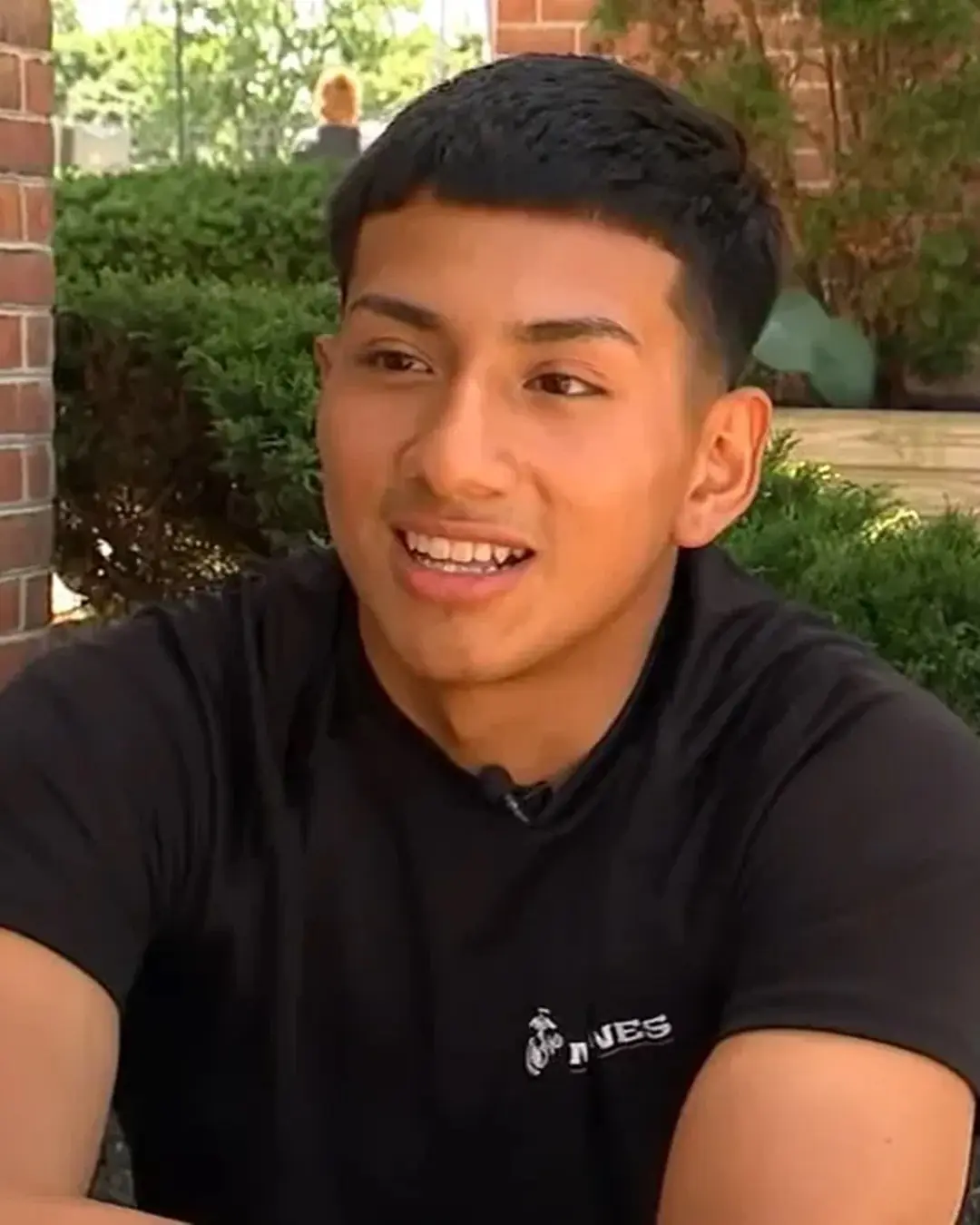
Rescue in the Hills — The Day a Baby Elephant Got a Second Chance.
A Second Chance for Hope: The Baby Elephant Who Refused to Give Up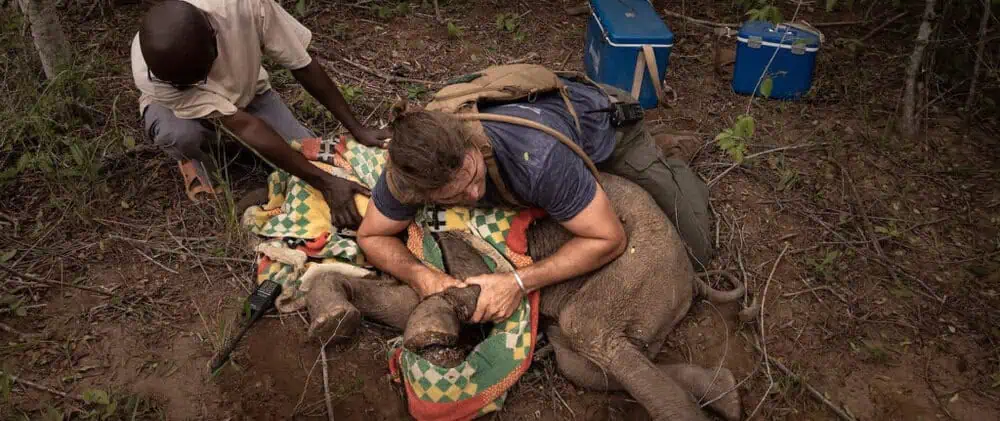
The distress call came just after sunrise — a young elephant had been spotted limping through the dense underbrush of Kenya’s Shimba Hills National Reserve, dragging behind her a thick coil of wire that had cruelly embedded itself into her leg. Somewhere close by, her mother lingered — watchful, distressed, and unwilling to leave her suffering calf behind.
For the rangers who patrol these forests, the sight was heartbreakingly familiar. Another innocent victim of a poacher’s snare — a crude, deadly trap meant to catch animals for bushmeat. These snares are simple but savage: tight loops of wire that constrict with every movement, digging deeper into flesh until the animal is immobilized, and eventually, dies. Without immediate intervention, the outcome is almost always fatal.
But April 5th, 2022, would not be like the other days.
That morning, the Sheldrick Wildlife Trust, working alongside the Kenya Wildlife Service’s Tsavo Mobile Veterinary Unit, sprang into action. A helicopter was dispatched without delay, carrying veterinarian Dr. Poghon, whose expertise had saved many lives before. Every second mattered. The calf was already in agony, and signs of infection were visible even from a distance.
A Mother's Strength — and Reluctance
When the team arrived, they faced their first major obstacle — the mother elephant.
Fiercely protective, she stood guard over her baby, trumpeting warnings and refusing to let the team get close. From the air, the helicopter pilot gently maneuvered the mother into a nearby clearing, away from her calf, where Dr. Poghon was able to administer a tranquilizer dart. Within minutes, the great matriarch began to sink slowly to the earth.
As her immense body settled into the grass, the rescue team moved in with practiced precision. One group attended to the mother — clearing her airway, cooling her body with water to prevent heat stress, and positioning her for safe recovery. Even under sedation, her trunk instinctively reached for her baby, twitching at the unfamiliar sounds.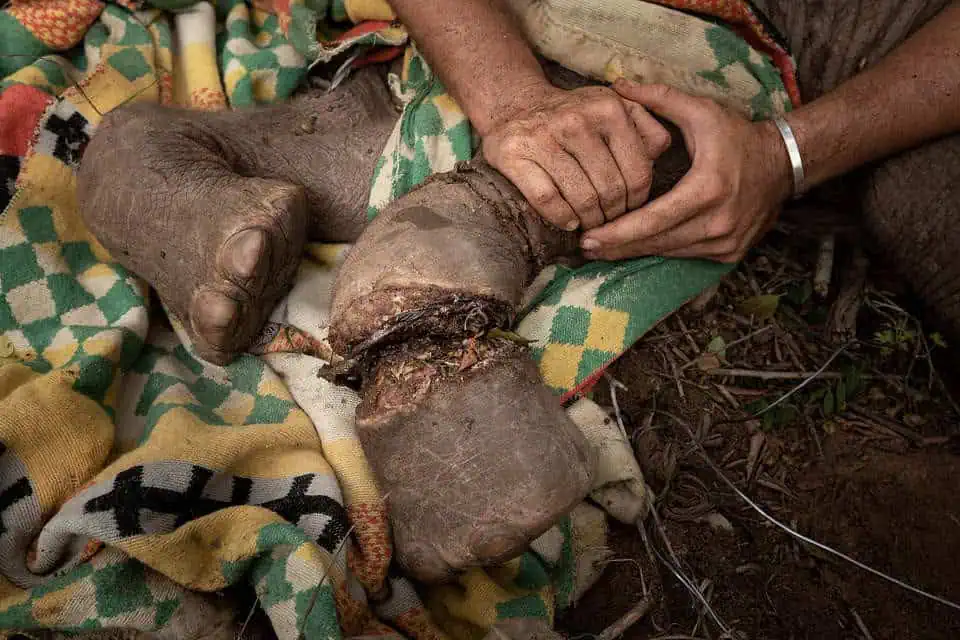
The Search for the Calf
Meanwhile, the calf had disappeared into the thick brush. Startled by the commotion, she had wandered deeper into the forest, dragging the snare that threatened to end her life. The terrain was steep, the vegetation dense with vines and thorns, and visibility was limited.
From the sky, the pilot scanned the landscape until he caught a flash of gray — a small elephant struggling up a hill, the rusted wire still wrapped tightly around her swollen front leg. The snare had already cut to the bone in places, causing immense pain with every step.
The team descended quickly and carefully approached the calf, who was too exhausted to resist. The operation to remove the snare was painstaking. The wire had embedded deeply, wrapped tightly, and showed signs of causing severe tissue damage. Inch by inch, they cut through the metal. When the final loop fell away, there was a collective breath of relief.
But the work was far from over.
The Fight to Heal
The wound was grave — raw tissue exposed, the area swollen and inflamed, and signs of advanced infection already present. The veterinary team worked quickly to flush the wound, administer long-lasting antibiotics and anti-inflammatory medications, and pack the injury with green healing clay, a natural treatment used to draw out infection and encourage tissue regeneration.
The calf trembled under their care, her wide eyes filled with confusion and pain — but also, unknowingly, with hope.
The Climb Back to Love
The next challenge was the hardest of all: reuniting the baby with her mother.
The team faced an arduous half-kilometer trek back through thick vegetation and deep mud. The forest air was humid and heavy, clinging to their skin as they carried the calf uphill. She let out soft, frightened trumpets, but the rescuers did not falter.
Step by step, they carried her to the clearing where her mother lay resting, her chest slowly rising and falling with each breath. The calf was gently placed beside her, and the rescuers took a step back, brushing the baby’s trunk across her mother’s as a quiet gesture of reunion.
Then they waited.
Minutes passed. The sedative began to wear off. The mother stirred, her massive frame shifting. Her eyes fluttered open — and then she saw her calf.
A deep, rumbling sound came from her chest — a low, resonant call filled with relief, love, and fierce maternal reassurance. She reached her trunk toward her baby, touching her gently as if to make sure she was real.
Into the Forest, Together
With steady, cautious movements, the mother stood. Her calf followed — limping, but no longer bound by the snare. Side by side, the two elephants turned and disappeared into the green embrace of the forest, their silhouettes soon swallowed by the mist.
In the days that followed, rangers kept a watchful eye from a distance. Miraculously, the calf — who the team later named Hope — was healing rapidly. The swelling subsided, the infection responded well to treatment, and she was soon walking more comfortably.
Her spirit remained unbroken. Her bond with her mother, unwavering.
One Life Saved. A World of Meaning.
Reflecting on the rescue, Dr. Poghon shared,
“Every operation like this is a reminder. These aren’t just animals — they’re families. They feel pain, they love fiercely, and they fight to survive in a world that’s becoming more dangerous by the day.”
It’s estimated that tens of thousands of wild animals die every year in snares across Africa — silent victims of illegal bushmeat hunting and human-wildlife conflict. But not this one. Not on that day.
That morning in the Shimba Hills, courage, compassion, and timing came together perfectly — and because of that, one little elephant got her second chance.
A chance to live, to heal, and to stay wild.
Because sometimes, saving just one life really does change everything.
News in the same category

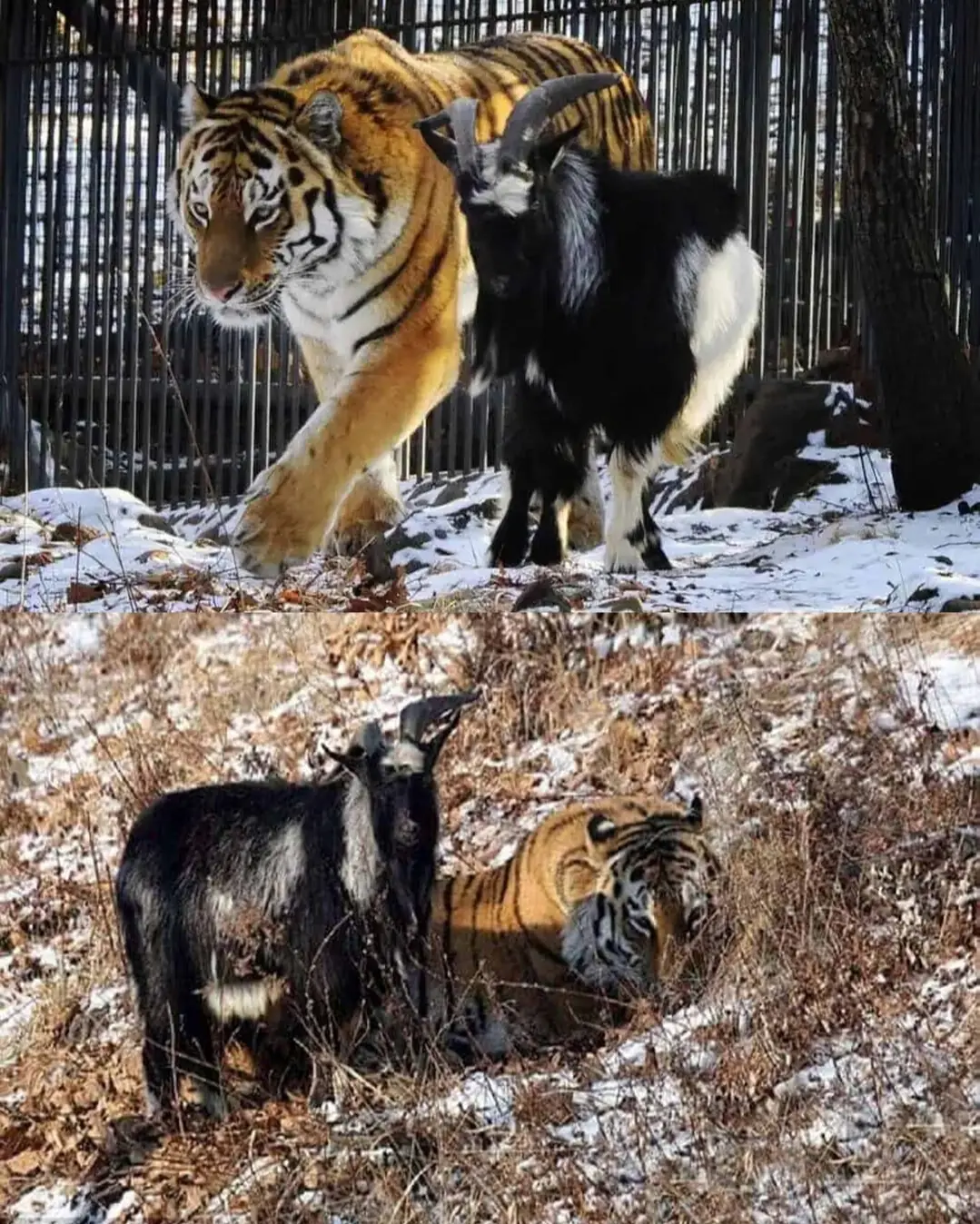
The Tiger and the Goat: A Friendship That Defied Nature.
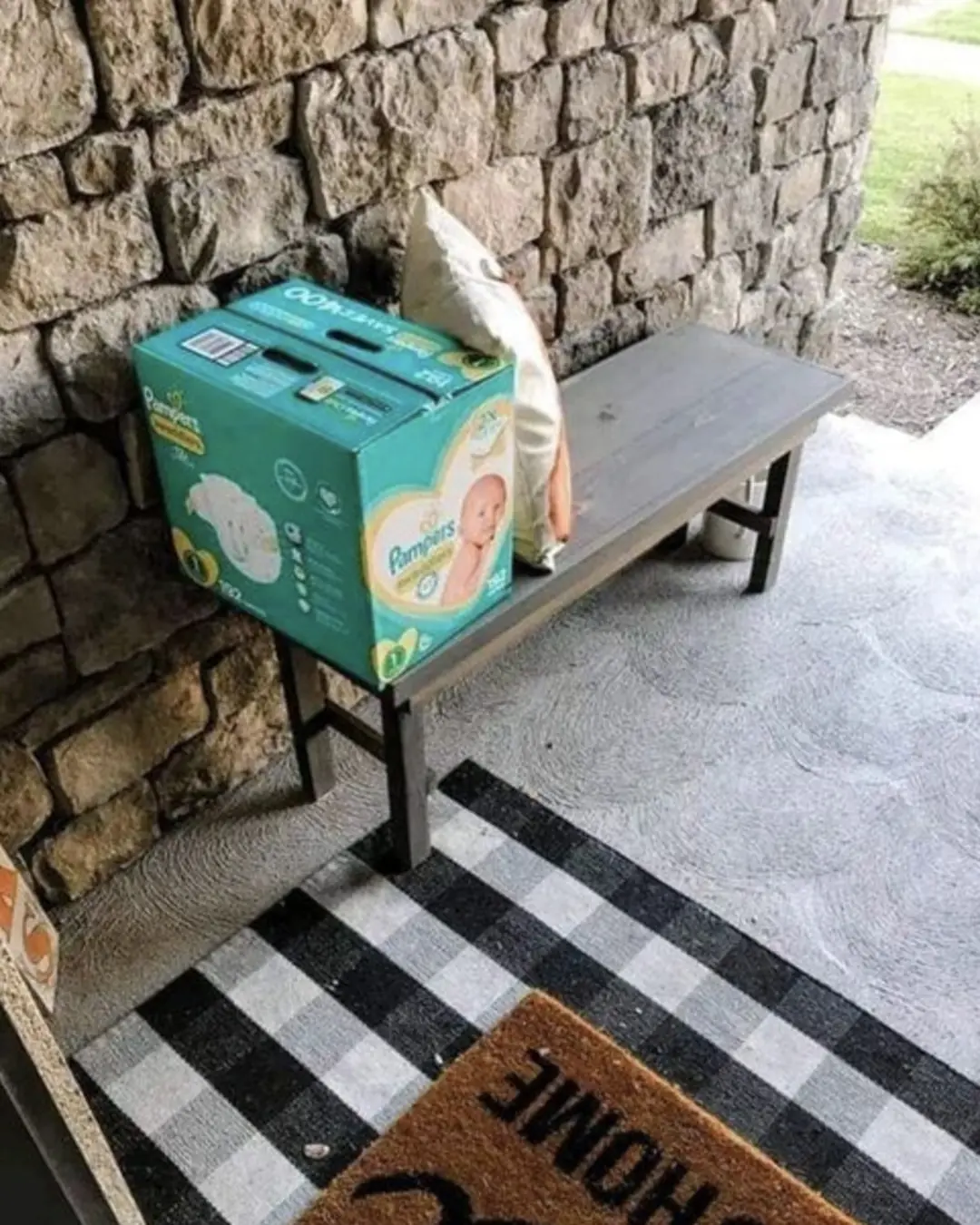
A Pack of Diapers, A Lesson in Love.
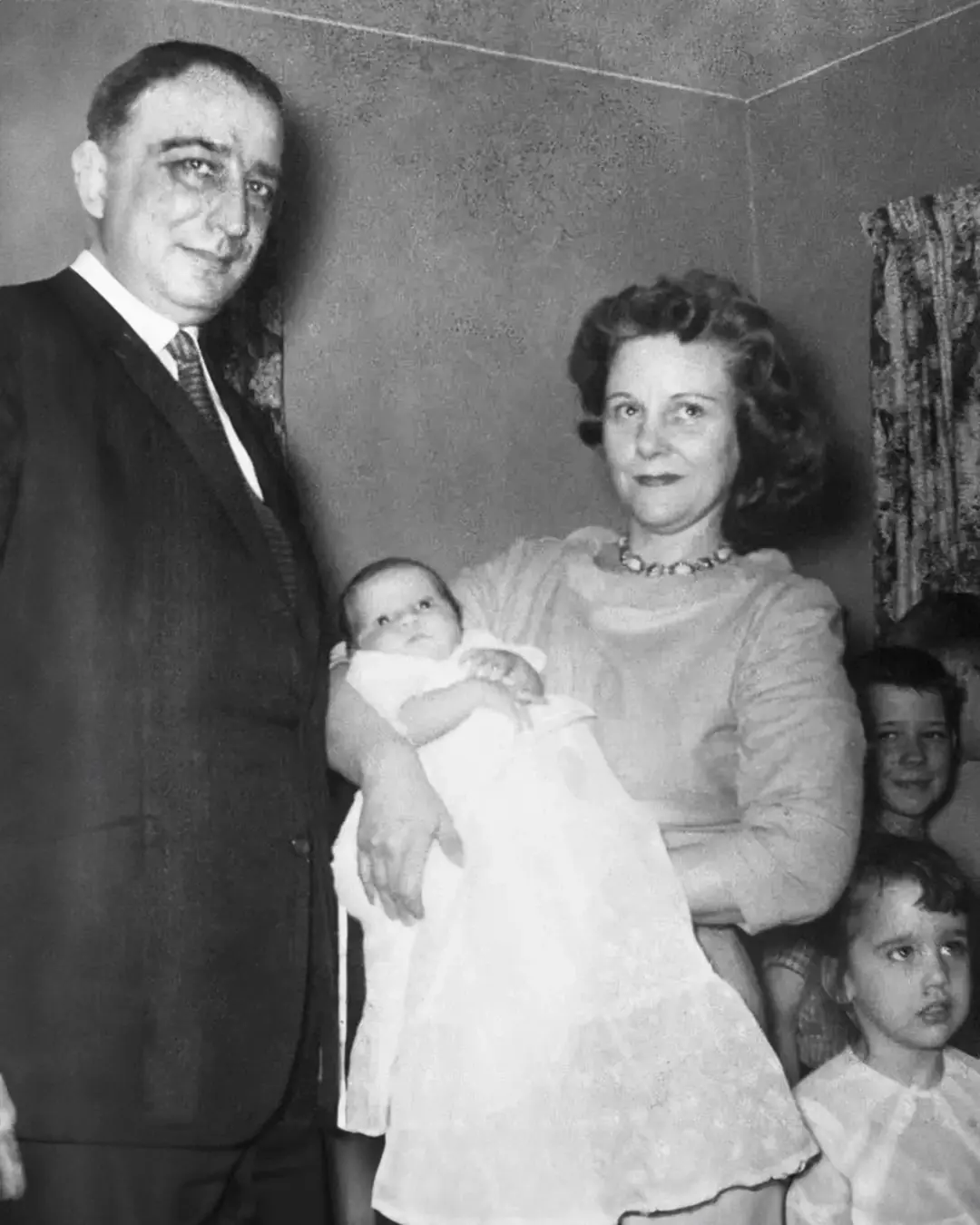
The Price of Courage: The Story of Viola Liuzzo, the Mother Who Died for Freedom.
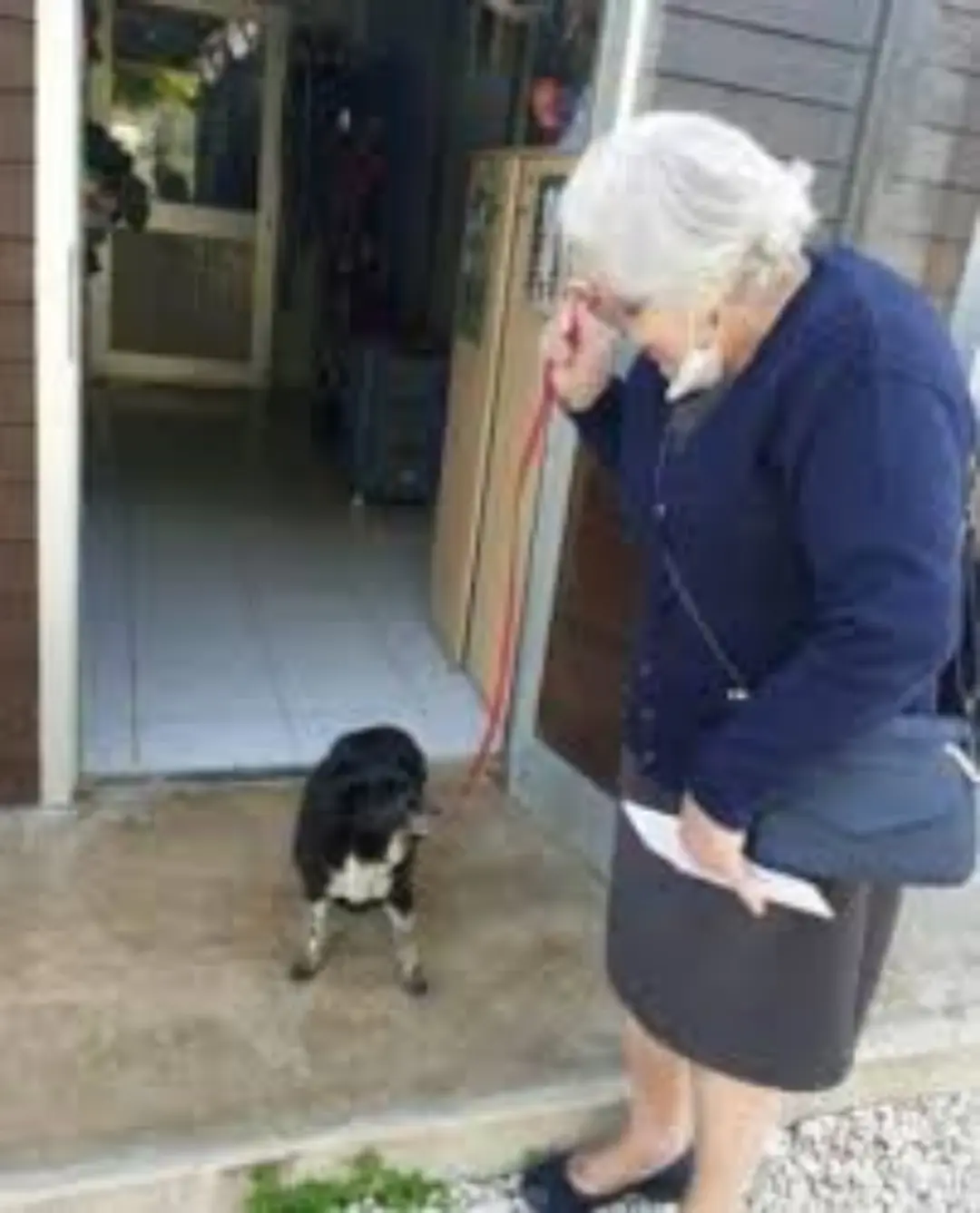
Love Without Age: An Elderly Woman’s Journey to Her Perfect Companion
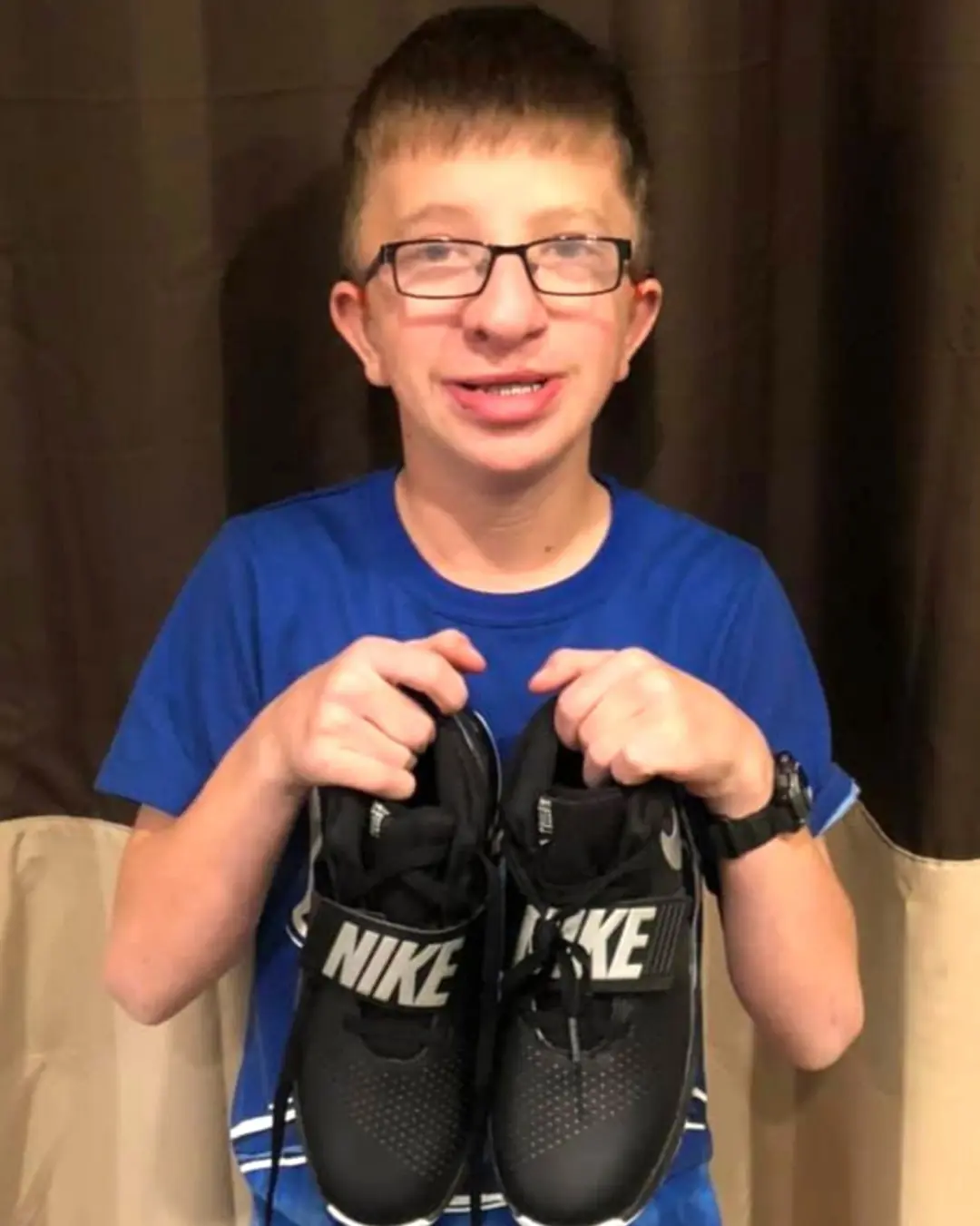
A Teen’s Compassion Restored the Smile of a Broken Boy
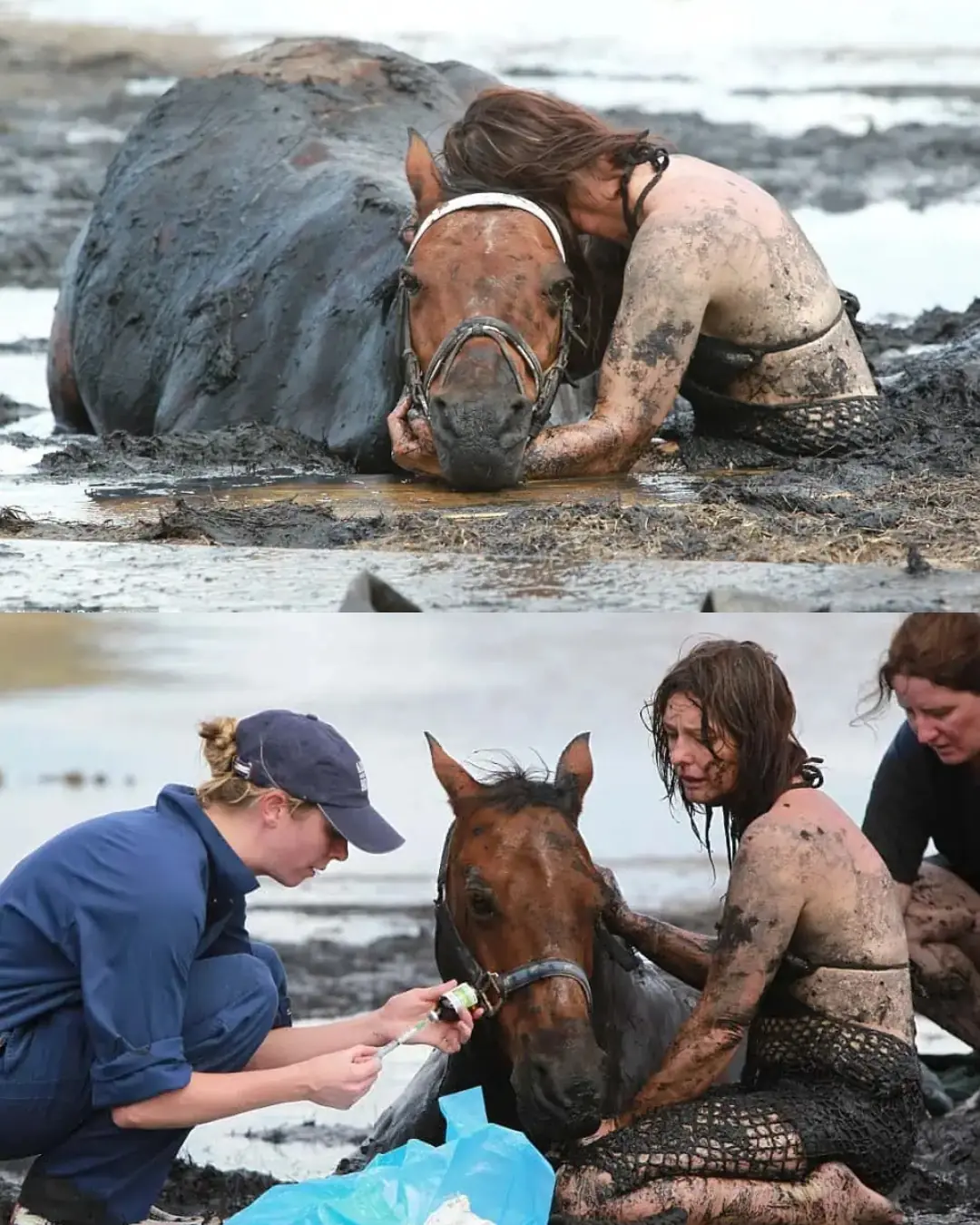
The Day a Mother Refused to Let Go — Nicole and Astro’s Fight Against the Tide.

Farewell to “Big Red”: A Police Dog Who Served With Courage and Retired With Love
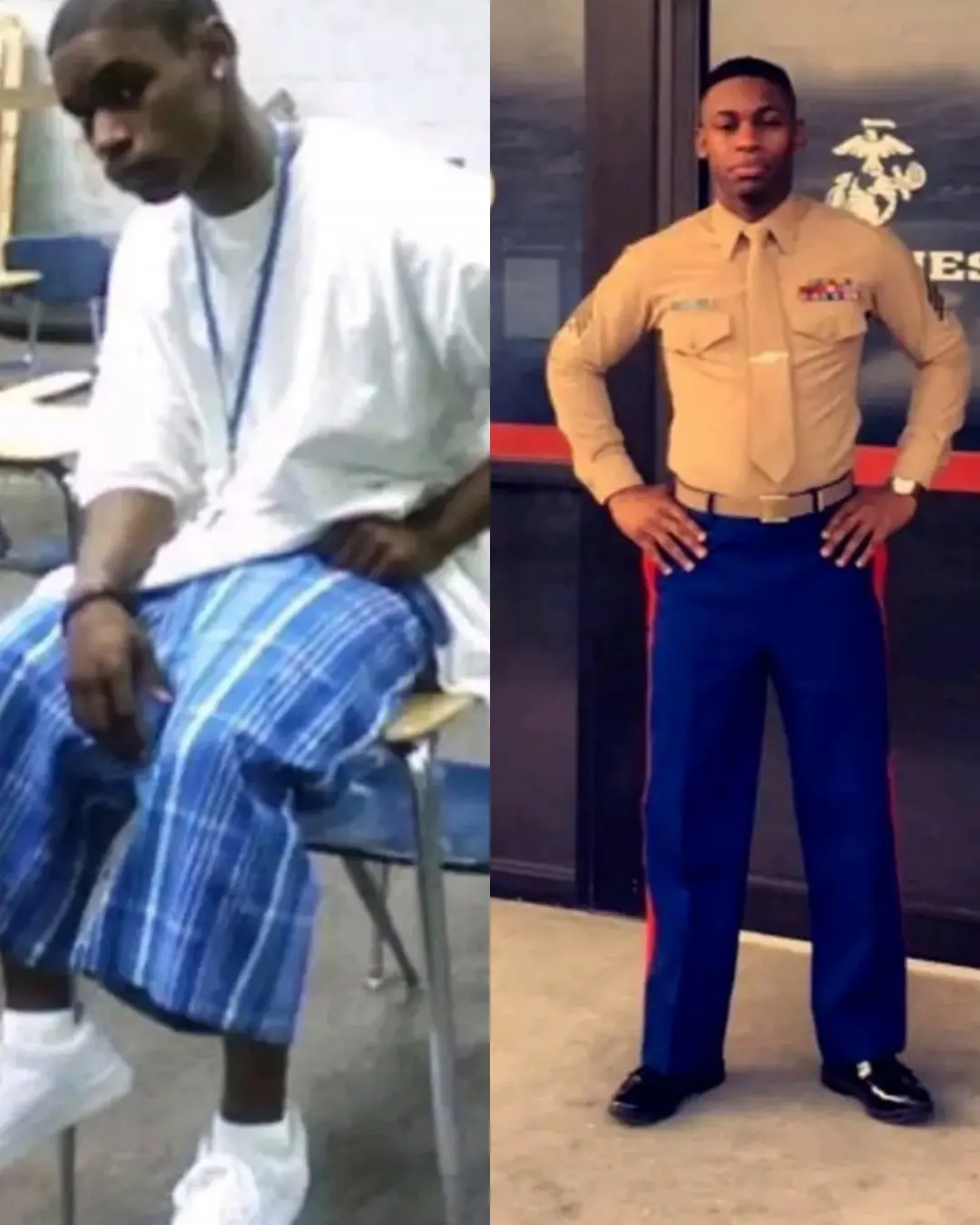
“I Became Aware” — The Journey of a Young Man Who Refused to Be Defined by His Circumstances.
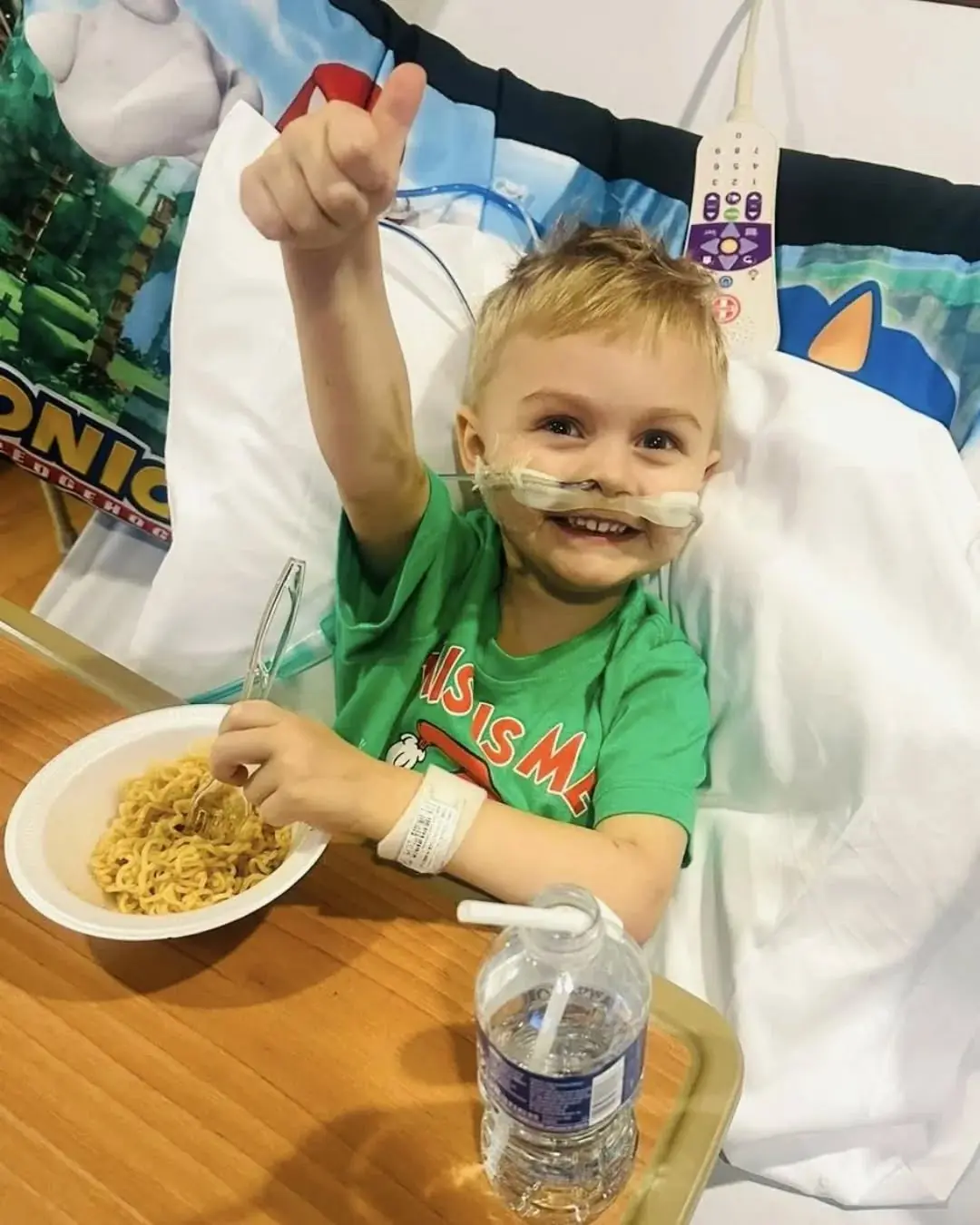
Carson’s Fight: A Four-Year-Old With a New Heart and Unshakable Faith
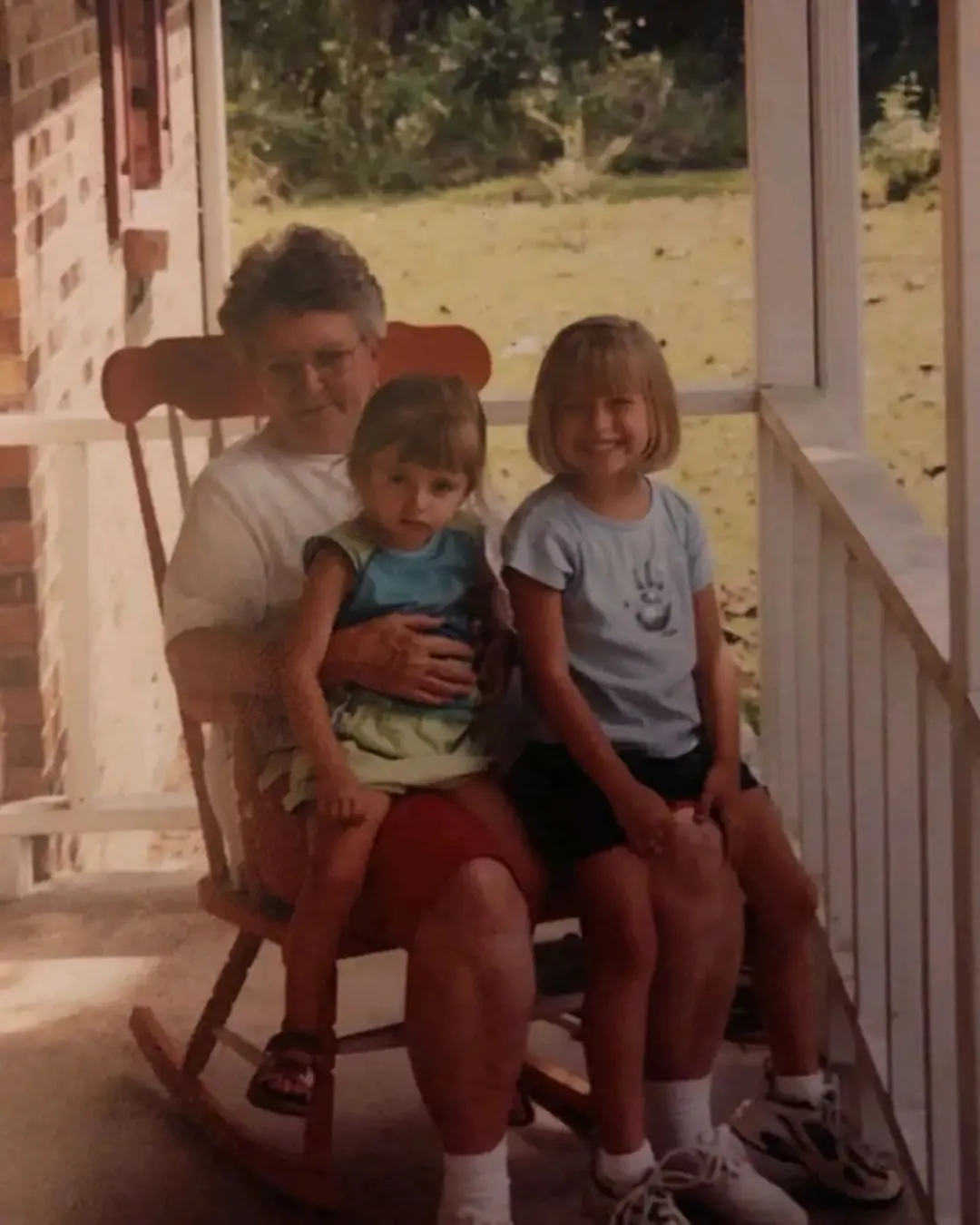
A Mother’s Love Without Borders.
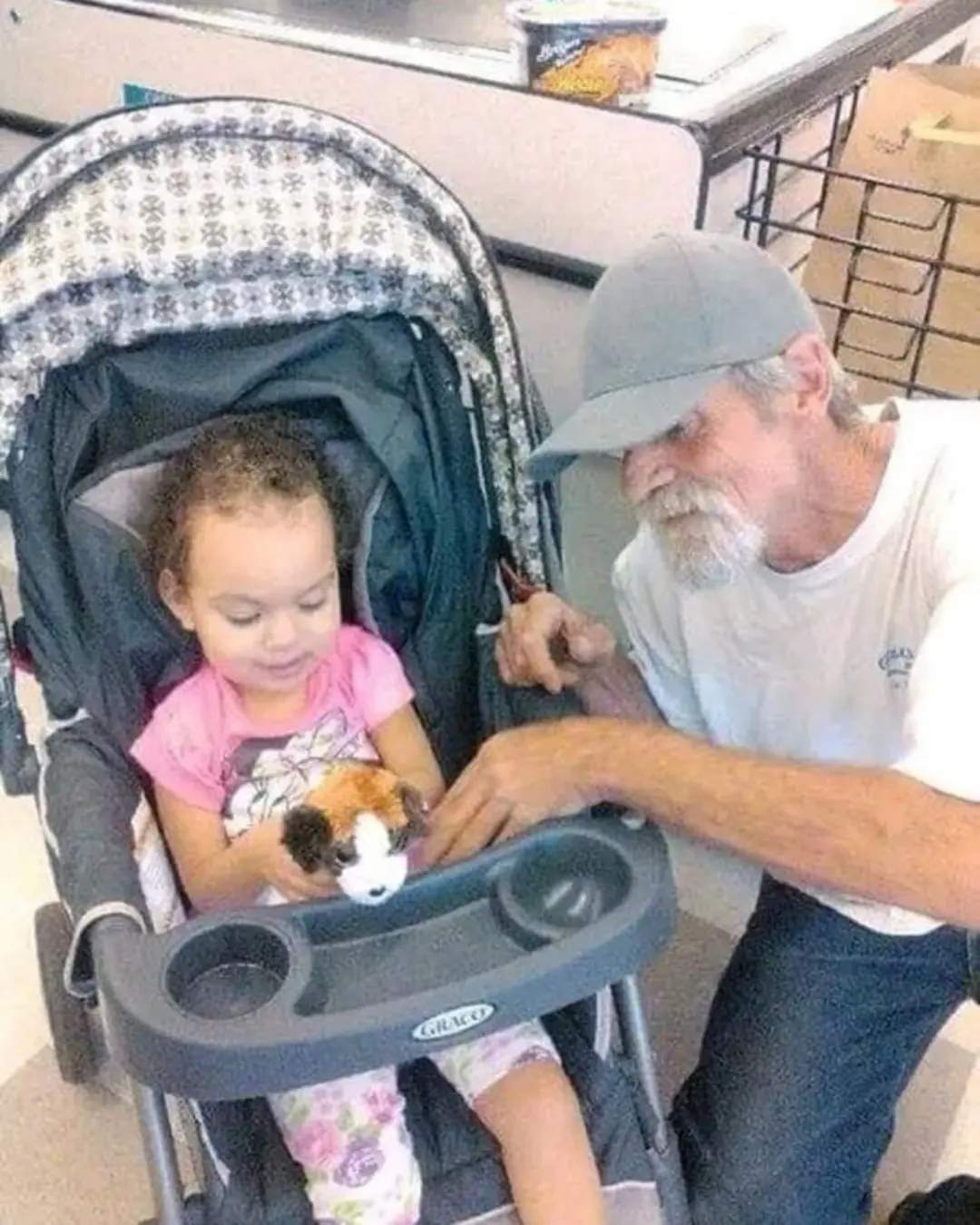
A Stranger’s Gift: How One Small Act of Kindness Changed a Family’s Night
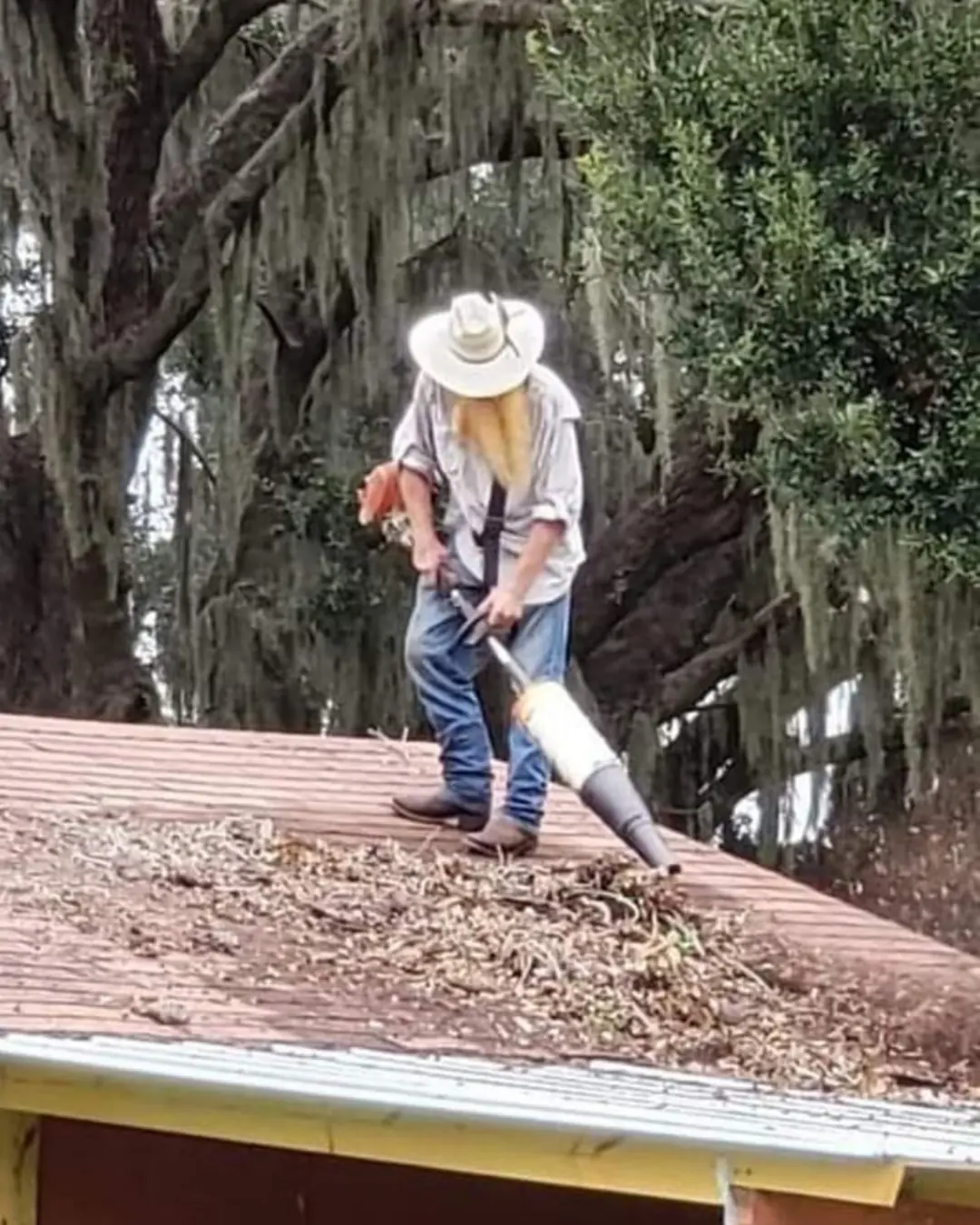
The Man on the Barn Roof: A Quiet Story of Loyalty, Work, and Grace.
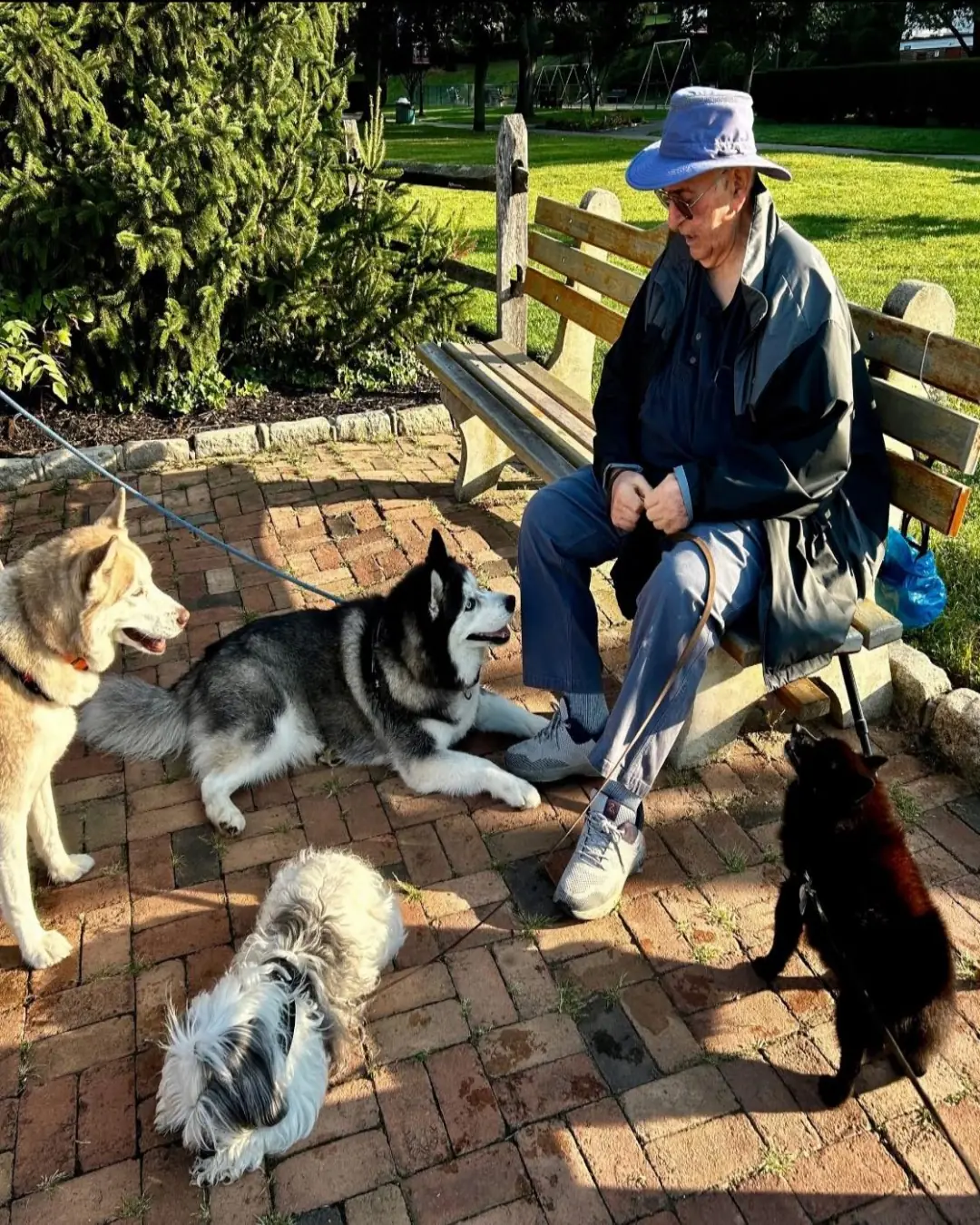
Back on the Bench: An 85-Year-Old Man’s Remarkable Return to His Park and His Pups
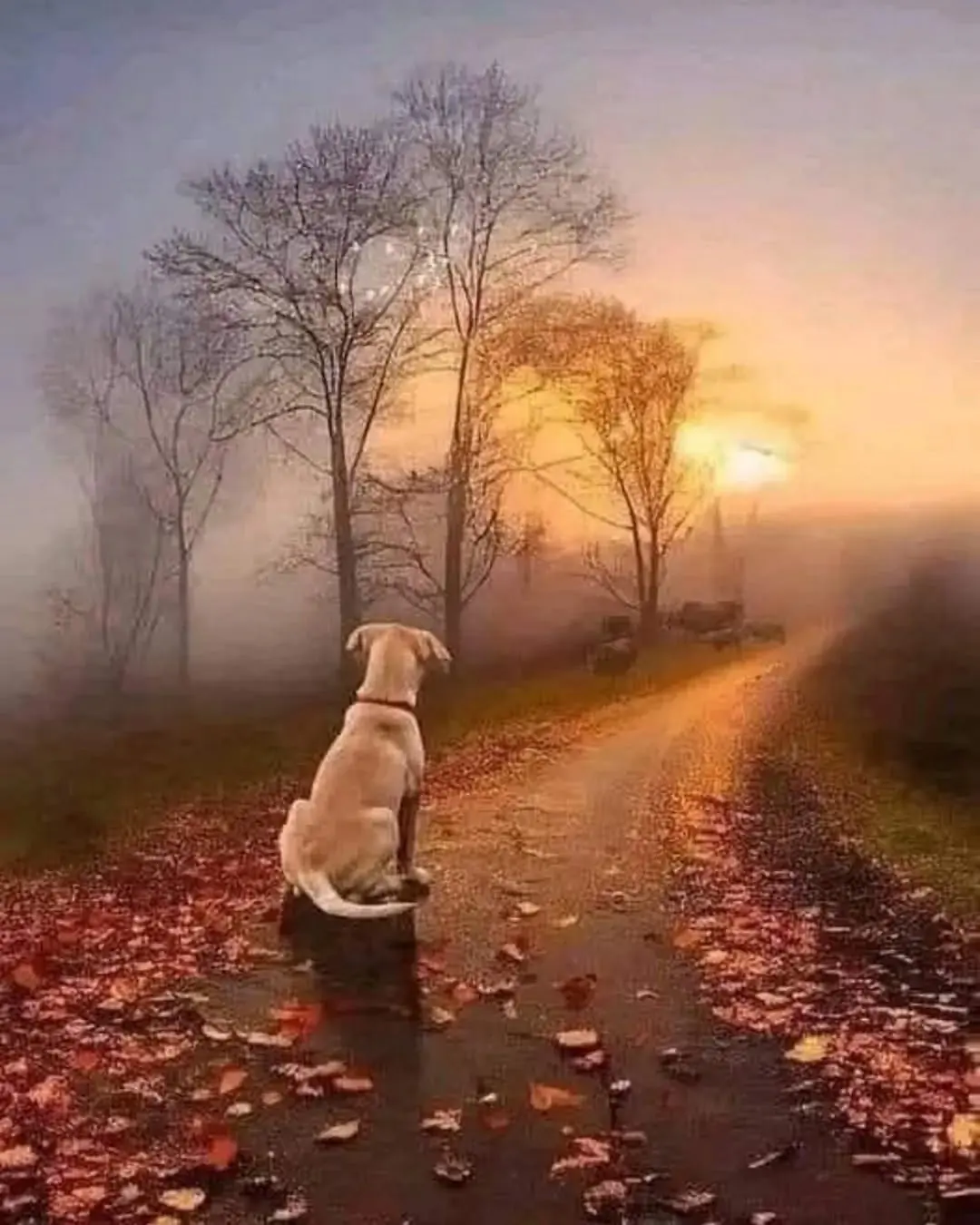
Through a Dog’s Eyes: The Unconditional Love We Rarely Stop to See
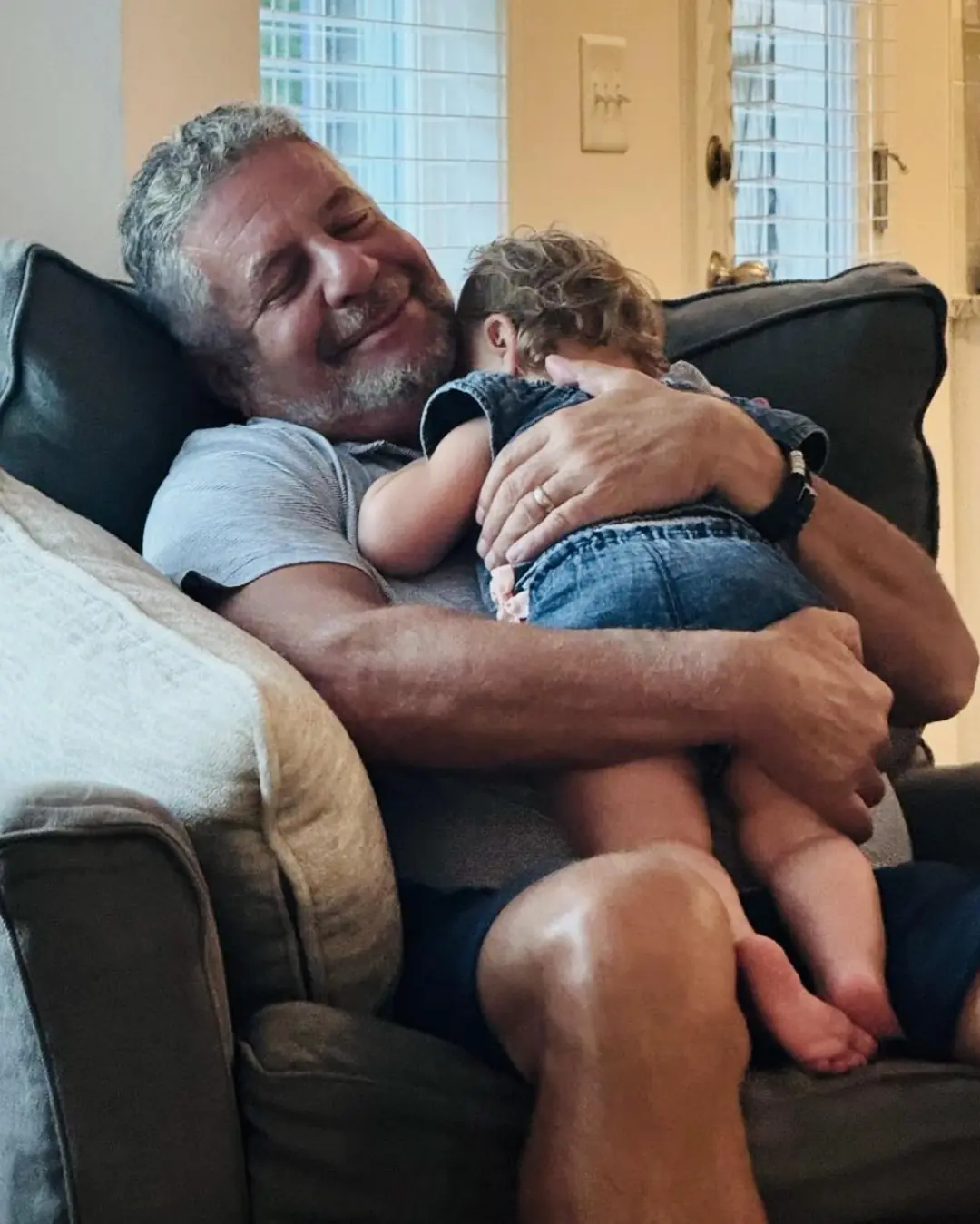
Papa’s Soft Side: Bruce Pearl’s Greatest Legacy Isn’t on the Court
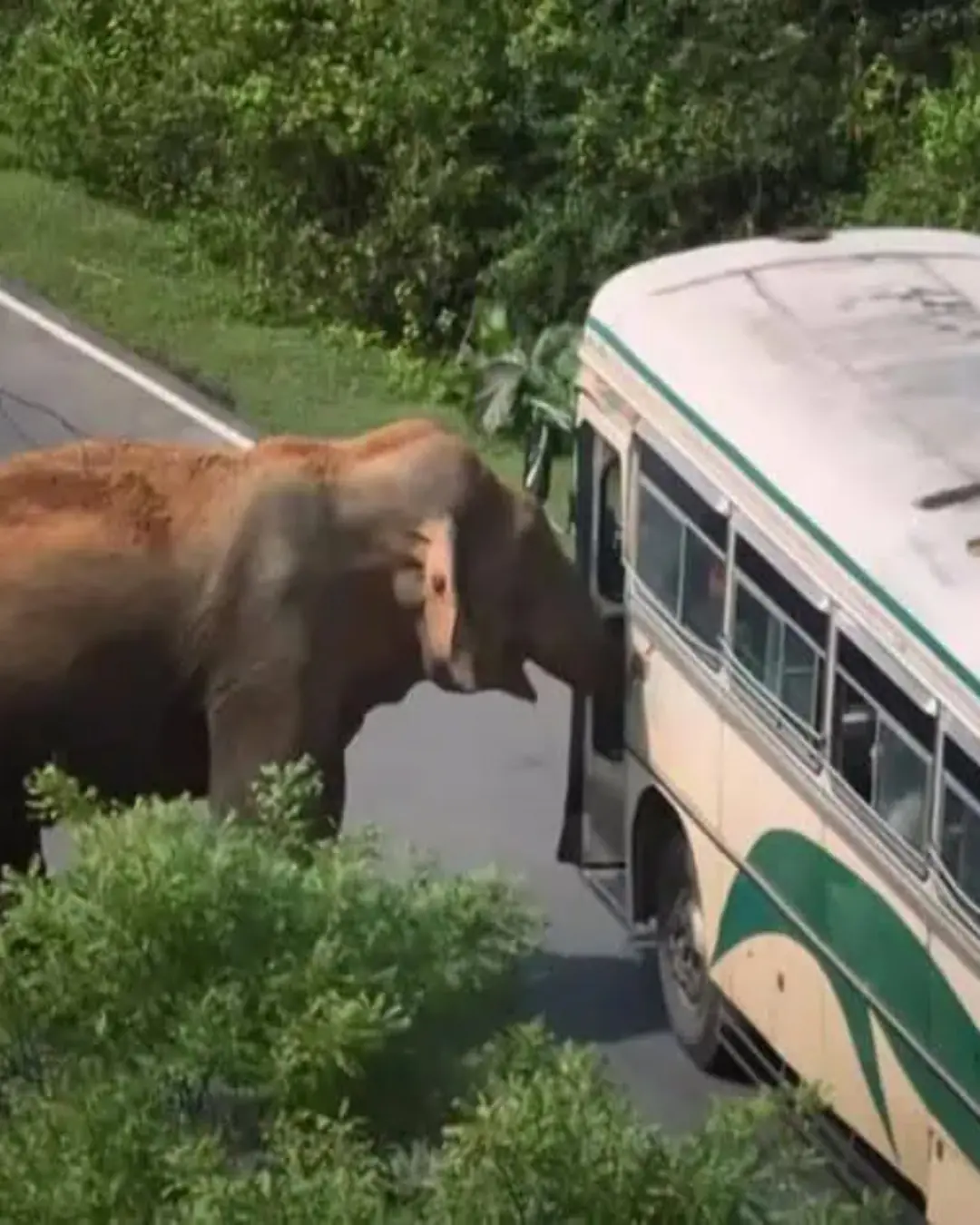
Raja the “Tax Collector”: Sri Lanka’s Gentle Giant Who Stops Cars for Snacks.
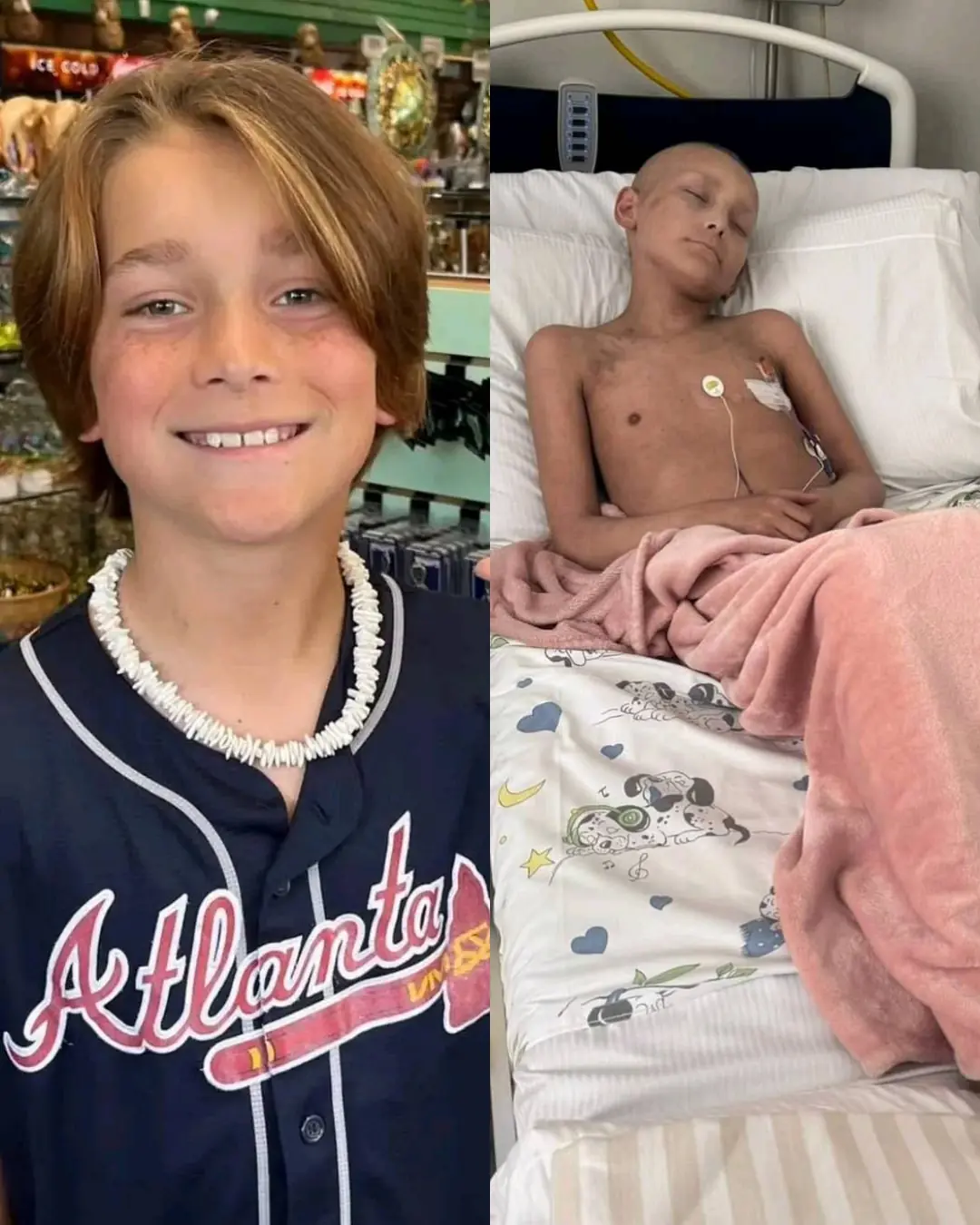
One Year of Courage: Branson’s Brave Battle.
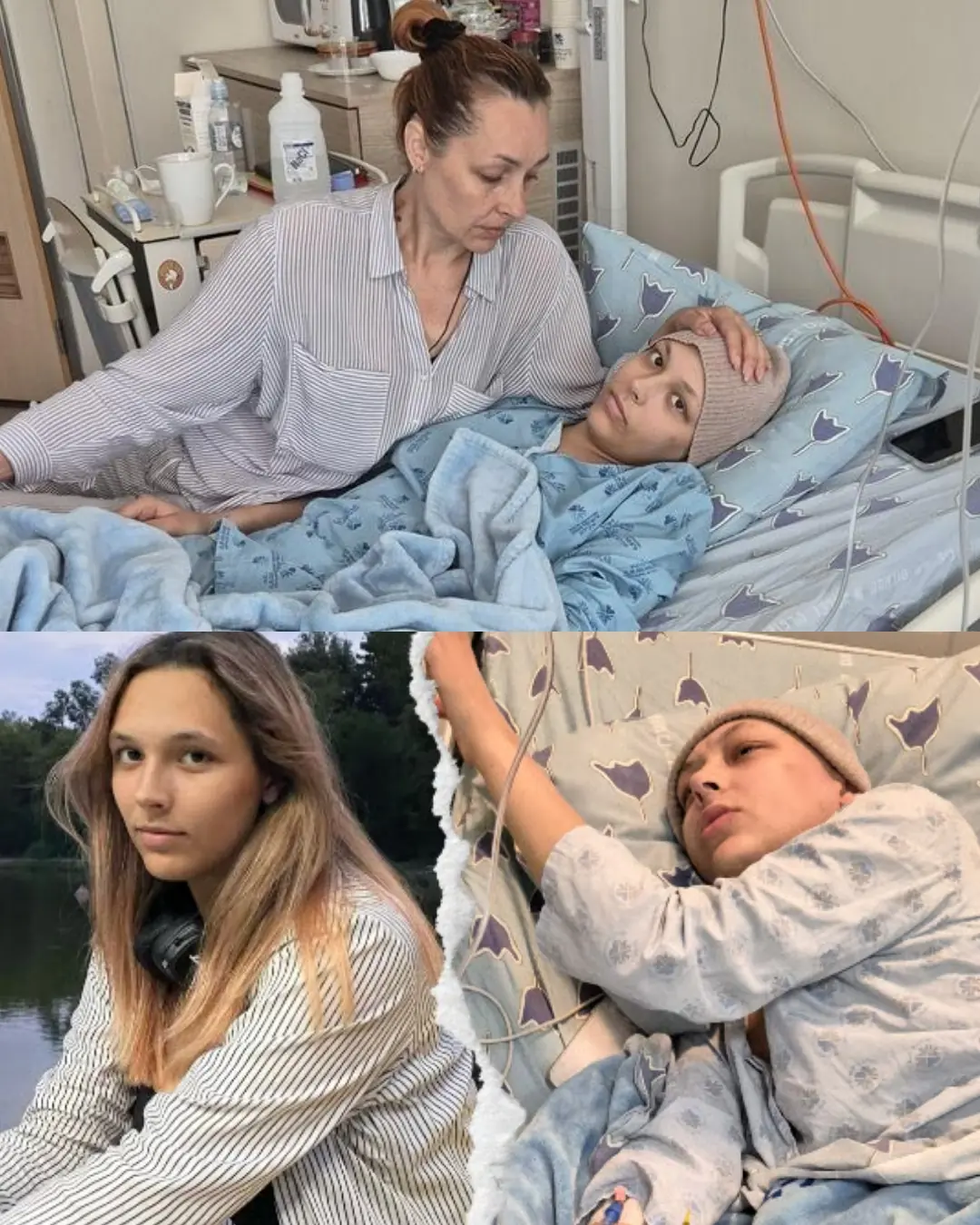
Tala’s Second Chance: Fighting for Life Against All Odds
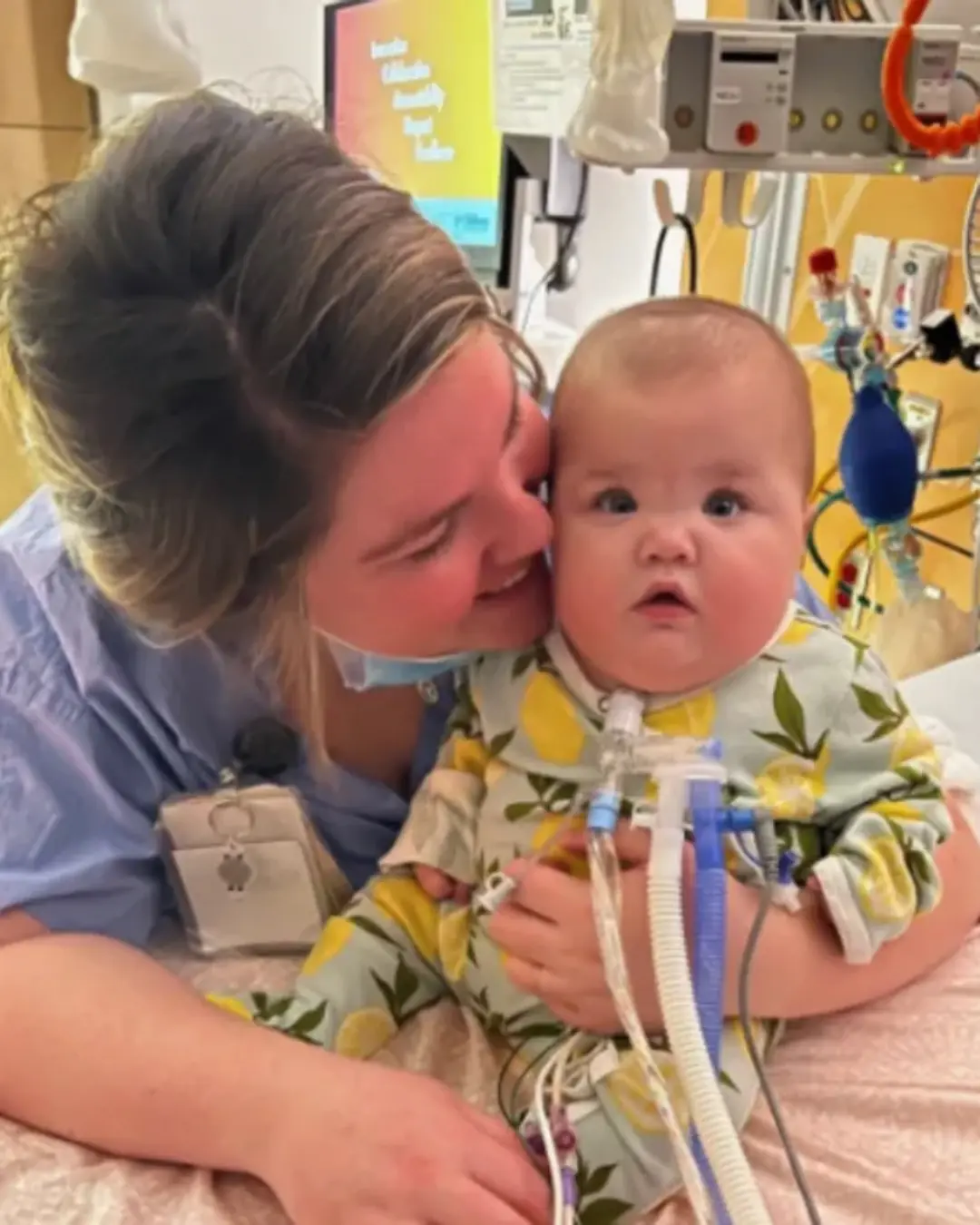
From Patient to Daughter: The Miracle of Ella.
News Post
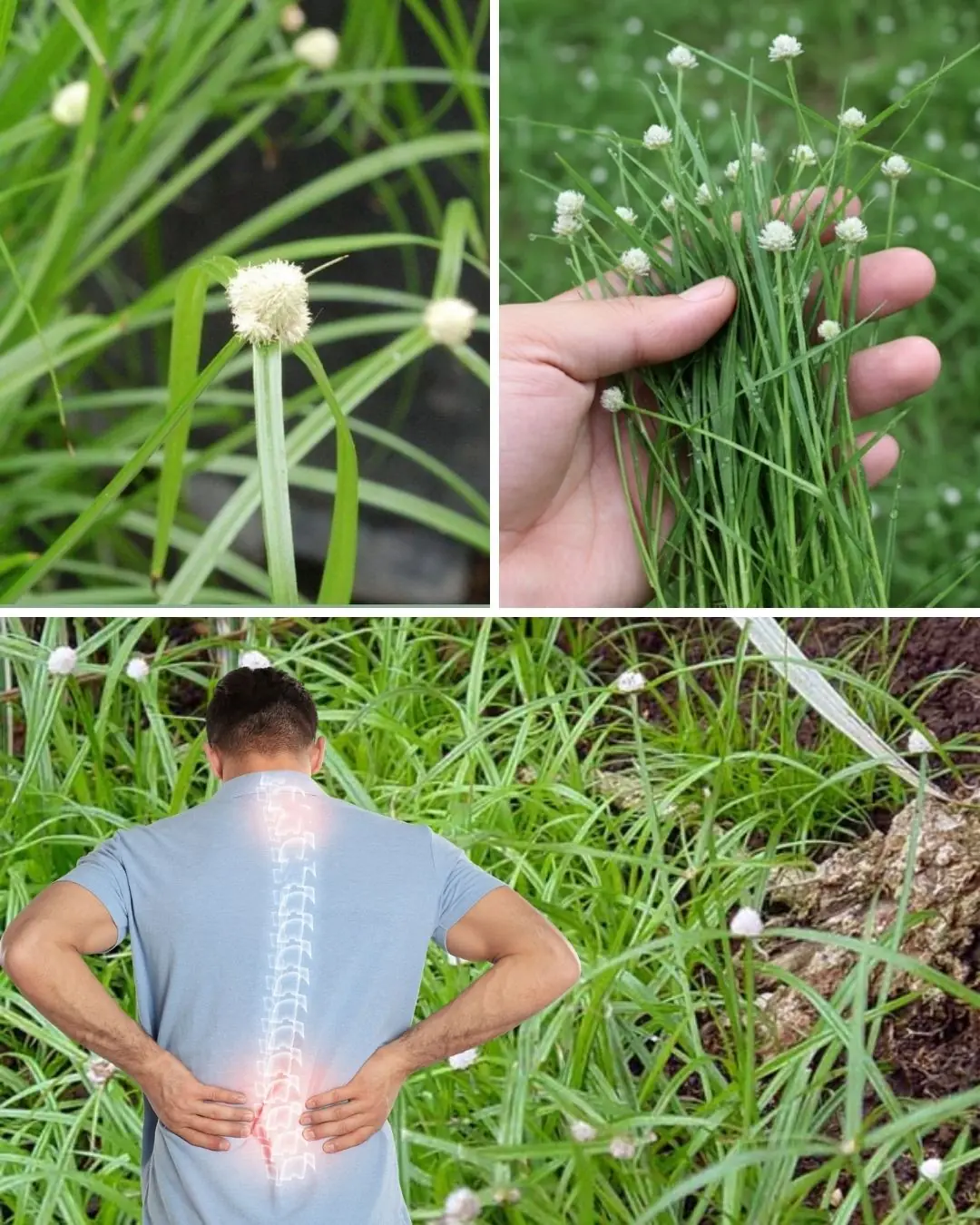
Cyperus Rotundus: The Ancient Herb with Modern Healing Power
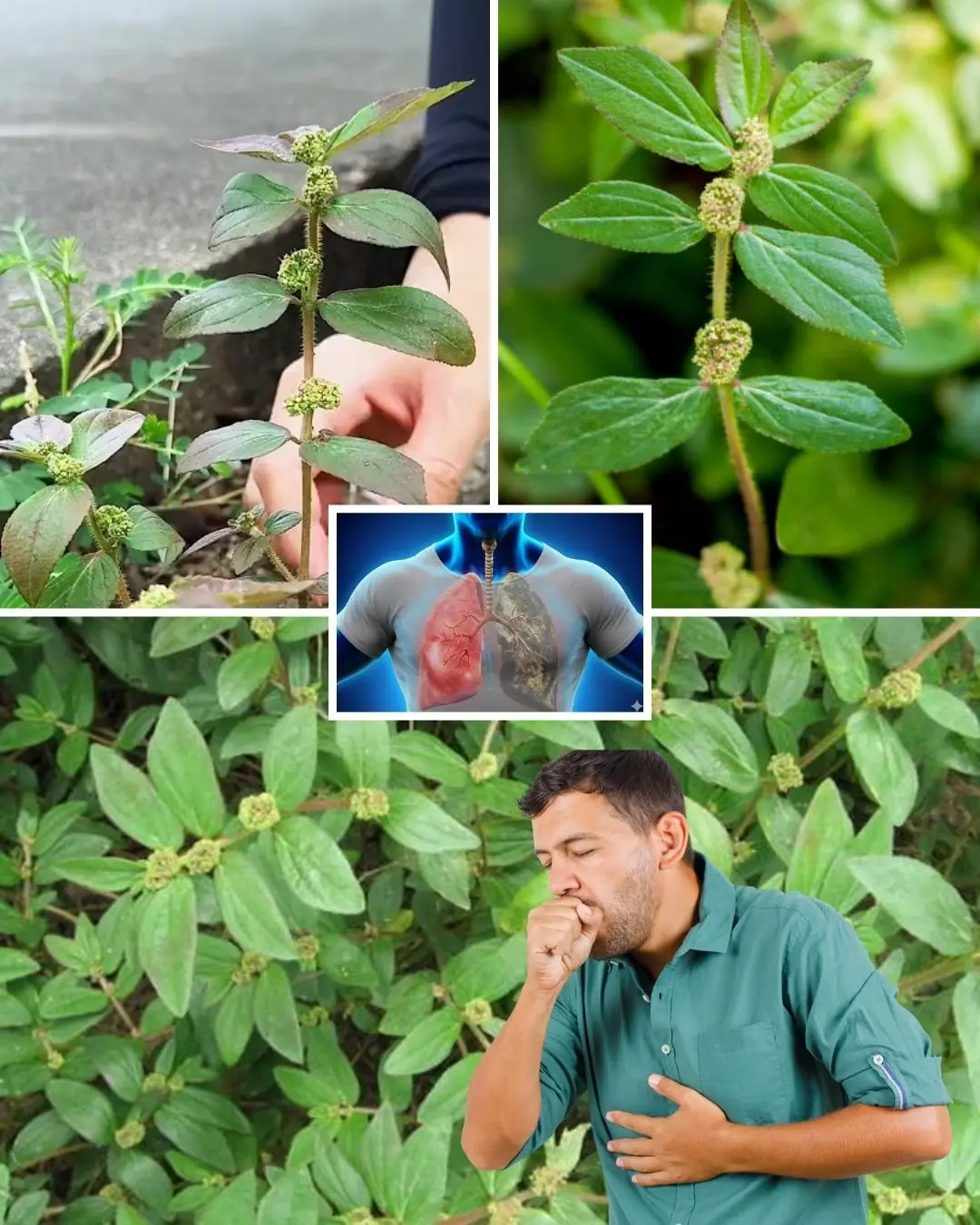
Euphorbia Hirta: 9 key health benefits of this versatile plant
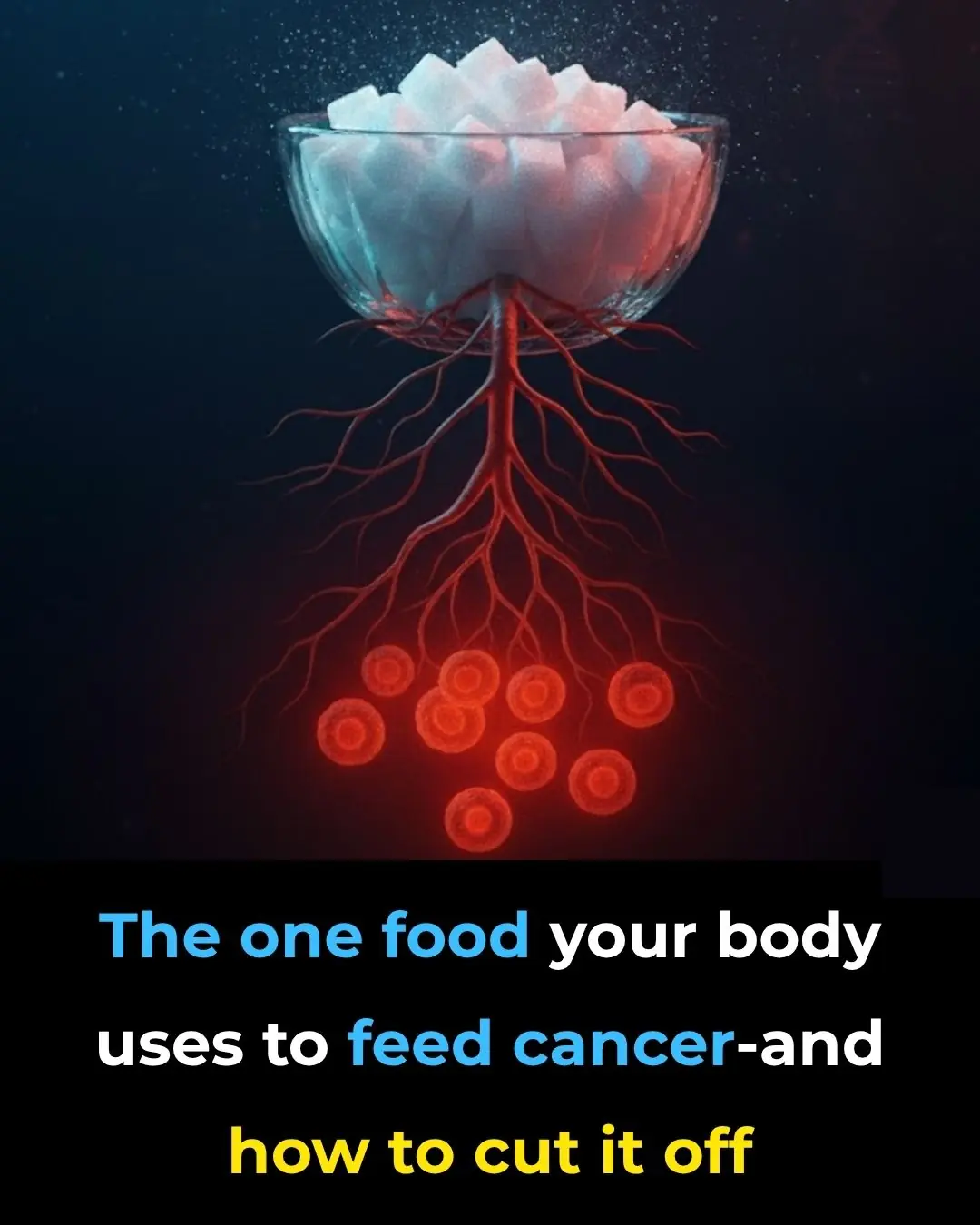
Here’s How to Starve Cancer to Death By Removing One Thing From Your Diet

This Super Tea Kills Parasites And Cleanses The Body of Toxins

Your pancreas could be ‘silently inflamed’ right now and you’d never know until it’s too late

A Teen’s Dive Into Darkness.

The Tiger and the Goat: A Friendship That Defied Nature.

A Pack of Diapers, A Lesson in Love.

The Price of Courage: The Story of Viola Liuzzo, the Mother Who Died for Freedom.

Love Without Age: An Elderly Woman’s Journey to Her Perfect Companion

A Teen’s Compassion Restored the Smile of a Broken Boy

The Day a Mother Refused to Let Go — Nicole and Astro’s Fight Against the Tide.

Farewell to “Big Red”: A Police Dog Who Served With Courage and Retired With Love

“I Became Aware” — The Journey of a Young Man Who Refused to Be Defined by His Circumstances.

Carson’s Fight: A Four-Year-Old With a New Heart and Unshakable Faith

A Mother’s Love Without Borders.

A Stranger’s Gift: How One Small Act of Kindness Changed a Family’s Night

The Man on the Barn Roof: A Quiet Story of Loyalty, Work, and Grace.

Back on the Bench: An 85-Year-Old Man’s Remarkable Return to His Park and His Pups
